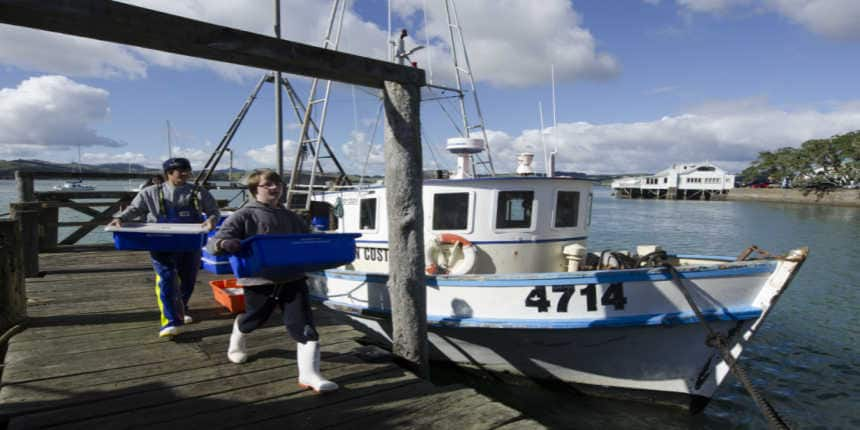EEZ Full Form
What is the full form of EEZ?
EEZ stands for Exclusive Economic Zone. A country's rights in relation to an area of the sea, known as an Exclusive Economic Zone (EEZ), are outlined in the United Nations Convention on the Law of the Sea (UNCLOS). According to the 1982 United Nations Convention on the Law of the Sea, an exclusive economic zone (EEZ) is a portion of the sea where a sovereign state has specific rights regarding the discovery and exploitation of marine resources, including the production of water and wind energy. A region of the ocean known as an "exclusive economic zone," or "EEZ," often extends .
- What is the full form of EEZ?
- History and Origin of EEZ
- Country's Rights in the EEZ
- Geographical Waters
- Geographical Sea

History and Origin of EEZ
In the latter half of the 20th century, the notion of giving states EEZs to allow them more authority over maritime concerns outside of territorial borders gained acceptance. The original range of a cannon shot for a country's sovereign territorial waters was 3 nautical miles (nmi), or 5.6 kilometers.
Country's Rights in the EEZ
The rights of the coastal state include the following:
Research and use, protect, and manage the environment's resources (living or nonliving).
Initiate a marine science investigation.
Secure and maintain the aquatic environment.
Geographical Waters
Any body of water a nation has legal control over is considered inside its geographical waters. This includes internal waters, territorial sea, contiguous zone, EEZ, and perhaps even the continental shelf.
Geographical Sea
The geographical sea, as defined by the UNCLOS, is a band of coastal waters that stretches from the baseline to 12 nautical miles. It belongs to the state as a sovereign territory. However, it is open to "innocent passage" for foreign ships, both military and civilian. The seafloor below and the airspace above are likewise subject to sovereignty. At the limit of the territorial sea, the EEZ begins.